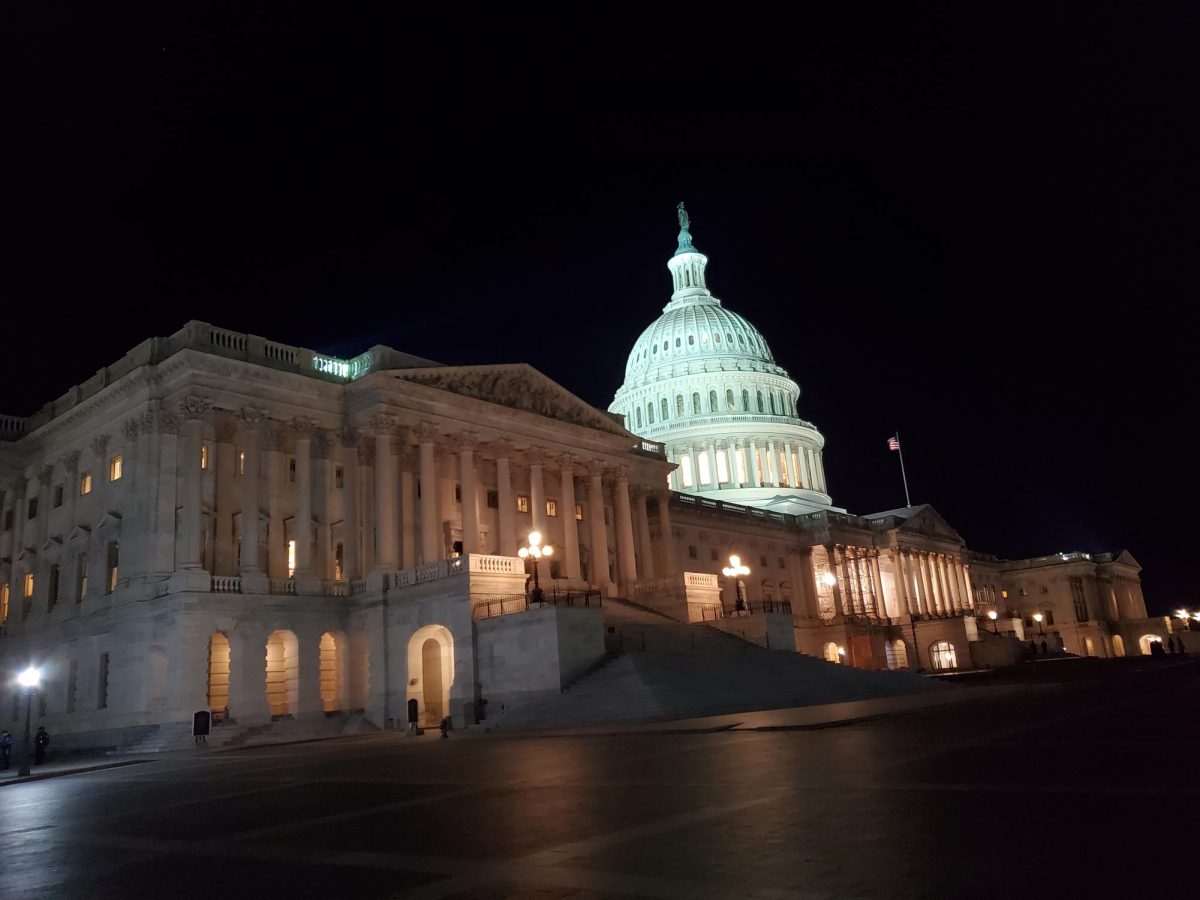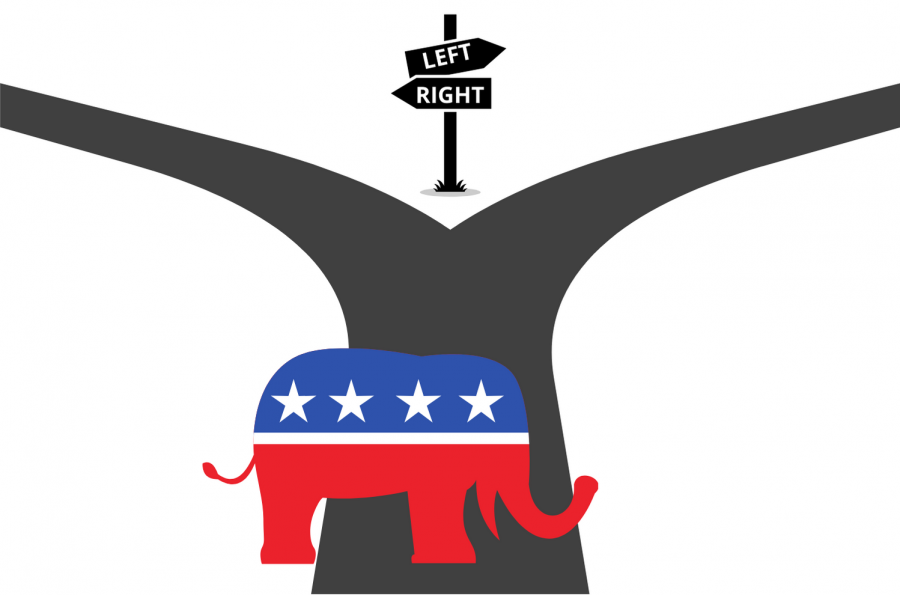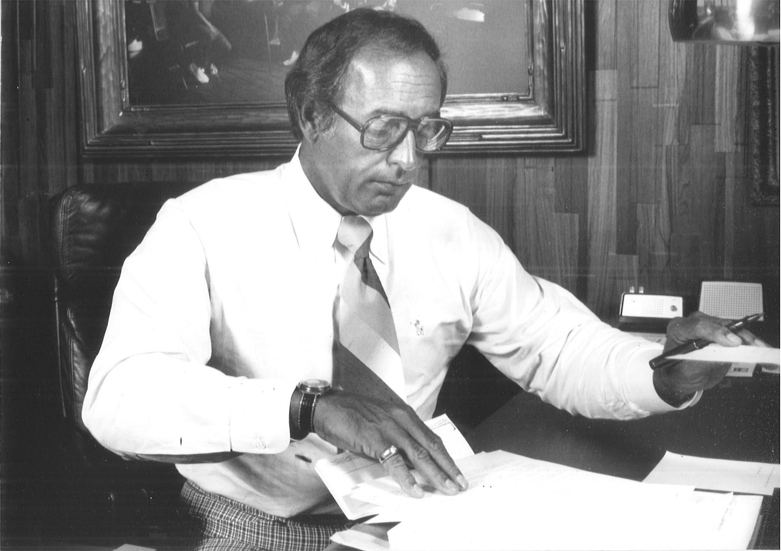In case you weren’t aware, there’s an election on.
Last week, incumbent President Obama and Republican nominee Mitt Romney faced off in the first of three presidential debates in Denver, Colo. Presided over by PBS NewsHour editor Jim Lehrer, the 90-minute event was fast-paced and full of energy, with both men interrupting, talking over and generally having a good go at each other.
Obama was slated to win the debate, his rhetorical prowess and popular following considered to be a definite advantage over Romney, who has struggled in the past with making himself seem accessible to the average voter.
But by all accounts, Romney was the clear victor on Thursday night. Polls directed the next day and three days after the debate showed a dramatic rise in voter approval for Romney. According to Gallup, nearly two-thirds of Americans reported watching the debate, and three-quarters of those said Romney had done a better job than Obama. The vote was nearly unanimous among Republicans, Bloomberg Newsweek points out, but even 49 percent of Democrats reported Romney as the winner.
In addition, a Pew Research Center poll of likely voters released Monday has Romney pulling 49 percent of the popular vote, a full five points higher than Obama.
Romney’s success can be credited to his ebullience on stage. He was in fine form on Thursday, speaking animatedly and with enthusiasm and delivering his points succinctly. In response to Obama’s assertion that the Romney administration would cut taxes on high incomes, Romney answered, “I will not reduce the share paid by high-income individuals. I know that you and your running mate keep saying that and I know it’s a popular thing to say with a lot of people, but it’s just not the case.”
He then turned to the audience, saying, “Look, I’ve got five boys. I’m used to people saying something that’s not always true, but just keep on repeating it and ultimately hoping I’ll believe it. But that — that is not the case.”
This line sparked appreciative laughter in the studio audience.
In contrast, Obama seemed distant. In a telling move, he chose to speak about his wife in his two-minute opening statement rather than turning some of Romney’s faults back on him and giving the audience a preview of his positions. Throughout the course of the debate, he gave “meandering, weak, professorial arguments,” in the words of Democratic political analyst Andrew Sullivan.
A key dynamic to watch for in debates of this magnitude is the question of dominance — who is on the offensive, and who is on the defensive? In Thursday night’s debate, Romney had the clear upper hand; he went into the event confident, self-assured, and well-rehearsed, his offense refined and to the point. On the other hand, Obama was distracted and allowed Romney to take control of the stage and put him on the defensive, a critical mistake.
Obama’s visibly poor performance has his campaign shaken. In a bizarre attempt to excuse it, former Vice President Al Gore said on Current TV that the president was having trouble adjusting to Denver’s “high altitude.” John Stewart of the Daily Show responded that Gore needed to “stop polishing a turd.”
There are still two more chances for Obama and Romney to make up for past missteps and drum up support before November 9. The next debate will be in New York on October 16 at 9 p.m. and will be a town-hall arrangement in which audience members can ask questions directly of the candidates. The last presidential debate will be held in Florida on October 22, also at 9 p.m. This debate will be identical to the first one, but will focus primarily on foreign policy.
If you are registered to vote in the United States, be sure to request your absentee ballot soon or remember to visit the polls on Tuesday, Nov. 6.







